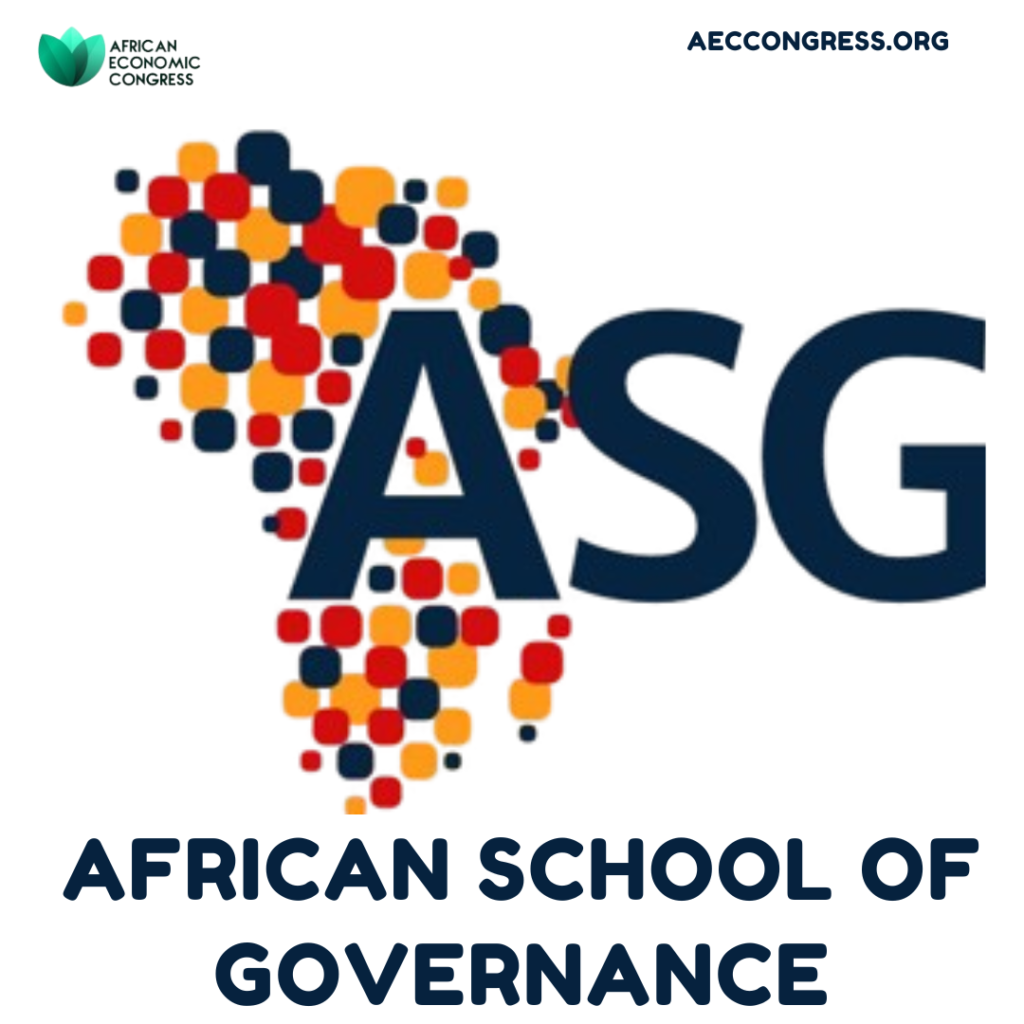The African Leadership University, Rwanda recently set up the Africa School of Governance, while appointing Nigeria’s Prof Kingsley Chiedu Moghalu, as its inaugural President.
The ASG will be a graduate institution designed to offer world-class public policy education, research, and engagement programs.
To What Extent Will The ASG Solve Africa’s Leadership Deficit?
The African Leadership University (ALU) School of Governance in Kigali represents an innovative approach to developing African leadership, but its impact on the continent’s leadership deficit should be evaluated realistically.
Potential Strengths:
- Location: Being based in Rwanda provides exposure to one of Africa’s most rapidly transforming countries and its governance models
- Pan-African approach: Bringing together students from across the continent can foster continental networks and shared learning
- Practical focus: The curriculum reportedly emphasizes real-world leadership challenges and solutions specific to African contexts
- Connection to private sector: ALU’s broader network includes business leaders and entrepreneurs, potentially bridging public-private sector gaps
Limitations in Addressing the Leadership Deficit:
- Scale: Even with excellent programs, one institution can only train a limited number of leaders relative to the continent’s needs
- Structural challenges: Leadership deficits in Africa often stem from deeper systemic issues that education alone cannot fully address:
– Entrenched political systems
– Corruption networks
– Constitutional challenges
– Historical legacies
- Implementation gap: There’s often a significant distance between leadership training and the ability to implement reforms within existing systems
- Resource constraints: The high-quality education model may not be easily scalable across the continent due to cost and infrastructure needs
What would make the impact more significant?
– Creating networks of similar institutions across the continent
– Partnering with existing government training programs
– Developing distance learning capabilities to reach more potential leaders
– Building stronger links with current leadership structures for practical implementation.
How far can this school reorientate leadership in Africa without corresponding institutional reforms?
That’s a crucial question that gets to the heart of the challenge. Let me analyze this:
Limitations Without Institutional Reform:
- Individual vs. System Dynamics
– Even well-trained leaders can be constrained by dysfunctional institutions
– Historical examples show that isolated reform champions often get frustrated or co-opted by existing systems
– The “big man” syndrome in African politics often supersedes institutional processes
- Structural Constraints
– Weak checks and balances
– Centralized power structures
– Informal parallel power networks
– Neo-patrimonial systems where personal relationships override formal structures
– Entrenched interest groups resistant to change
- Economic Realities
– Limited state resources
– High dependency on external funding
– Persistent poverty creating vulnerability to patronage politics
– Economic structures that incentivize extraction over development
What The School Can Achieve:
- Create Critical Mass
– Build networks of reform-minded leaders
– Develop shared vision and approaches
– Create peer support systems
- Technical Capacity
– Improve policy design capabilities
– Enhance public administration skills
– Strengthen analytical capacity
- Change Mindsets
– Challenge existing leadership paradigms
– Promote ethical leadership principles
– Foster innovation in governance
But for Real Impact:
- The school needs to:
– Focus on both technical and political economy skills
– Teach how to navigate and gradually transform broken systems
– Build coalition-building skills
– Develop strategies for incremental institutional change
- Parallel efforts needed:
– Civil society strengthening
– Media independence
– Judicial reforms
– Electora



